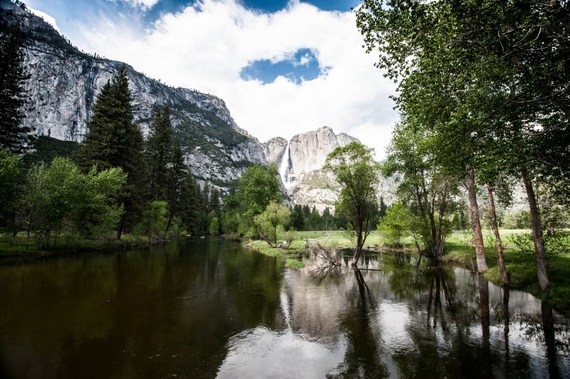Our oldest child was eleven when he went away to his first weeklong summer camp. He came home sunburned, sleep-deprived, and filthy. When I picked him up from our church parking lot, everything in me wanted to get him home so he could shower and I could start the (massive) post-camp laundry.
But instead, I took him out for a hamburger.
That's been our routine for the last five summers. He walks off the bus and we head to his favorite burger place.
I've adopted this ritual in the hopes of sidestepping a mistake all too common in families' summer schedules. As parents, we sign up our kids for art, cooking, sports, and sleepaway experiences so they stay safe, busy, and growing. In the midst of our well-intentioned goal of expanding our kids' horizons, we forget that experience alone isn't the best teacher; evaluated experience is.
Too many kids have too many summer experiences with too little adult support. Our research on experiential learning confirms that transformation happens best when kids have the chance to discuss their observations and feelings with others. As one of my leadership professors used to teach, "Expression deepens impression." The more we invite young people to process what they are thinking and noticing, the more likely they are to be permanently changed.
When kids have experiences and don't verbally process them, it's like they take 3 steps forward but then slip 2.93 steps backward. That net gain of .07 steps falls far short of what we hope for.
So whether your child is at a half-day soccer camp or a sleepaway drama camp, make sure you are the one to pick up your child at the end of that final day. (As much as I never met a carpool I didn't like, I go rogue and make it a point to pick up my own kid the last day.)
But when you leave the camp, don't go home immediately. The moment you go home, some of the magic of camp evaporates. Household tasks beckon for your attention, and the nearest screen woos your child. Instead, take them out for a smoothie or a meal. All the better if you let them choose the pizza joint or ice cream shop.
Now that you're sitting face to face (and they're getting food they appreciate), ask them questions. What did you learn about yourself? Others? Our world?
What surprised you? Angered you? Made you smile?
What made you proud of yourself? What do you wish you had done differently?
Who did something that really impressed you? Who hurt your feelings? Who made you feel better about yourself?
And then listen. Smile. Appreciate. Laugh. Learn with them. And from them.
Of course, they might not say anything much, or not right away. But your time together might set reflection wheels spinning that otherwise would have stalled out.
And after all, the laundry and shower can wait.
